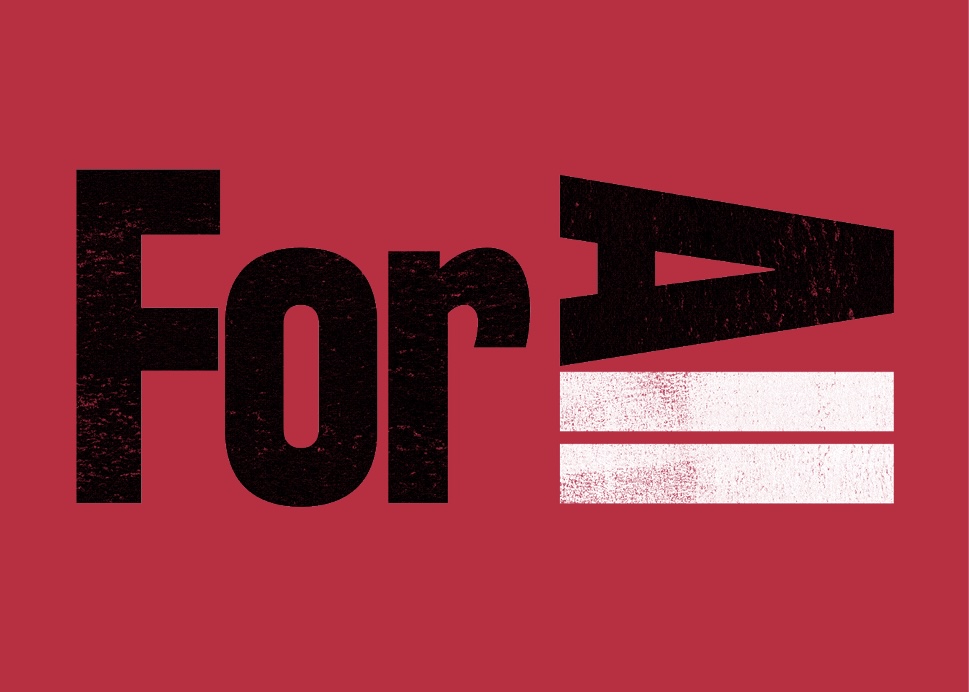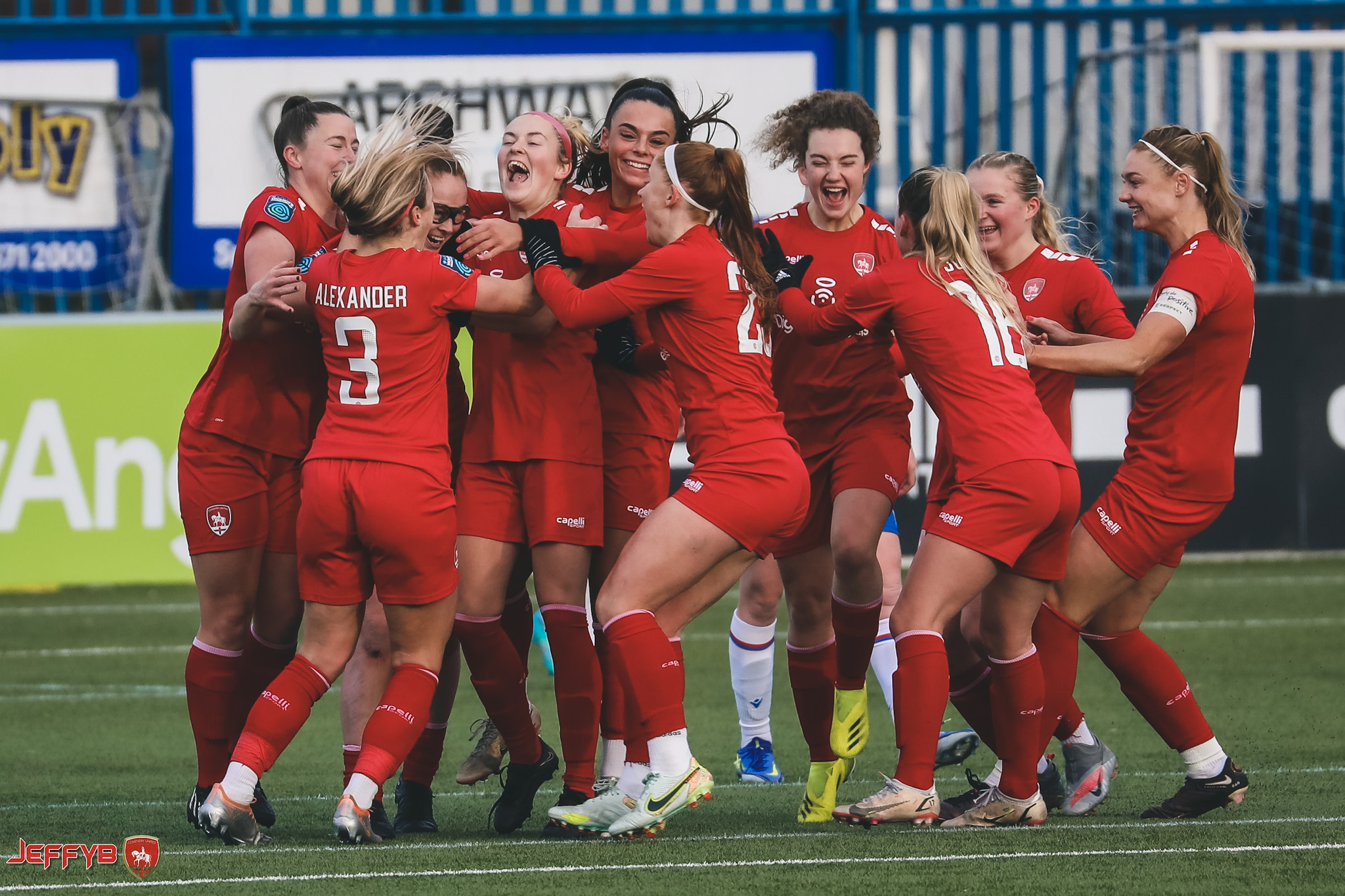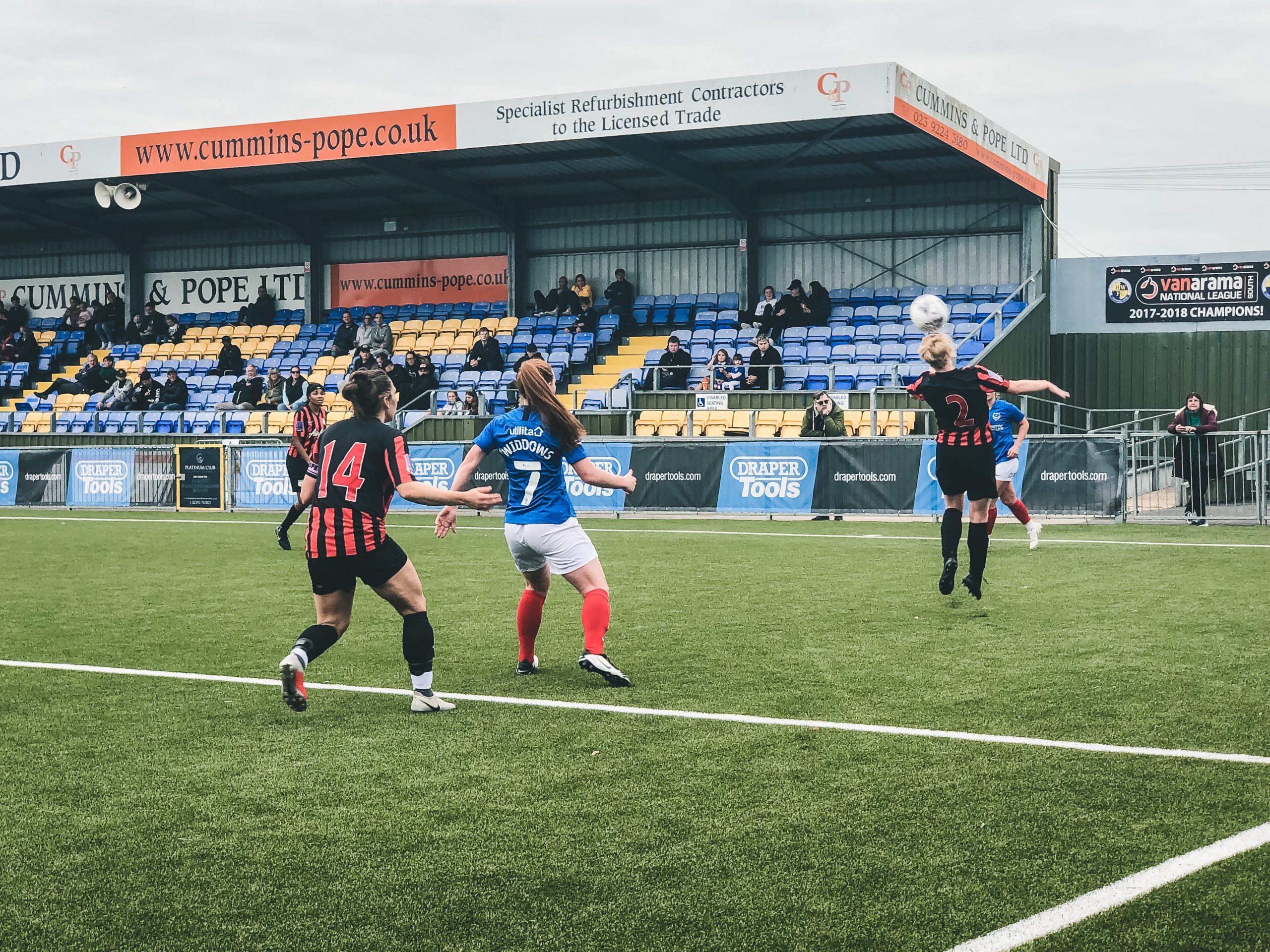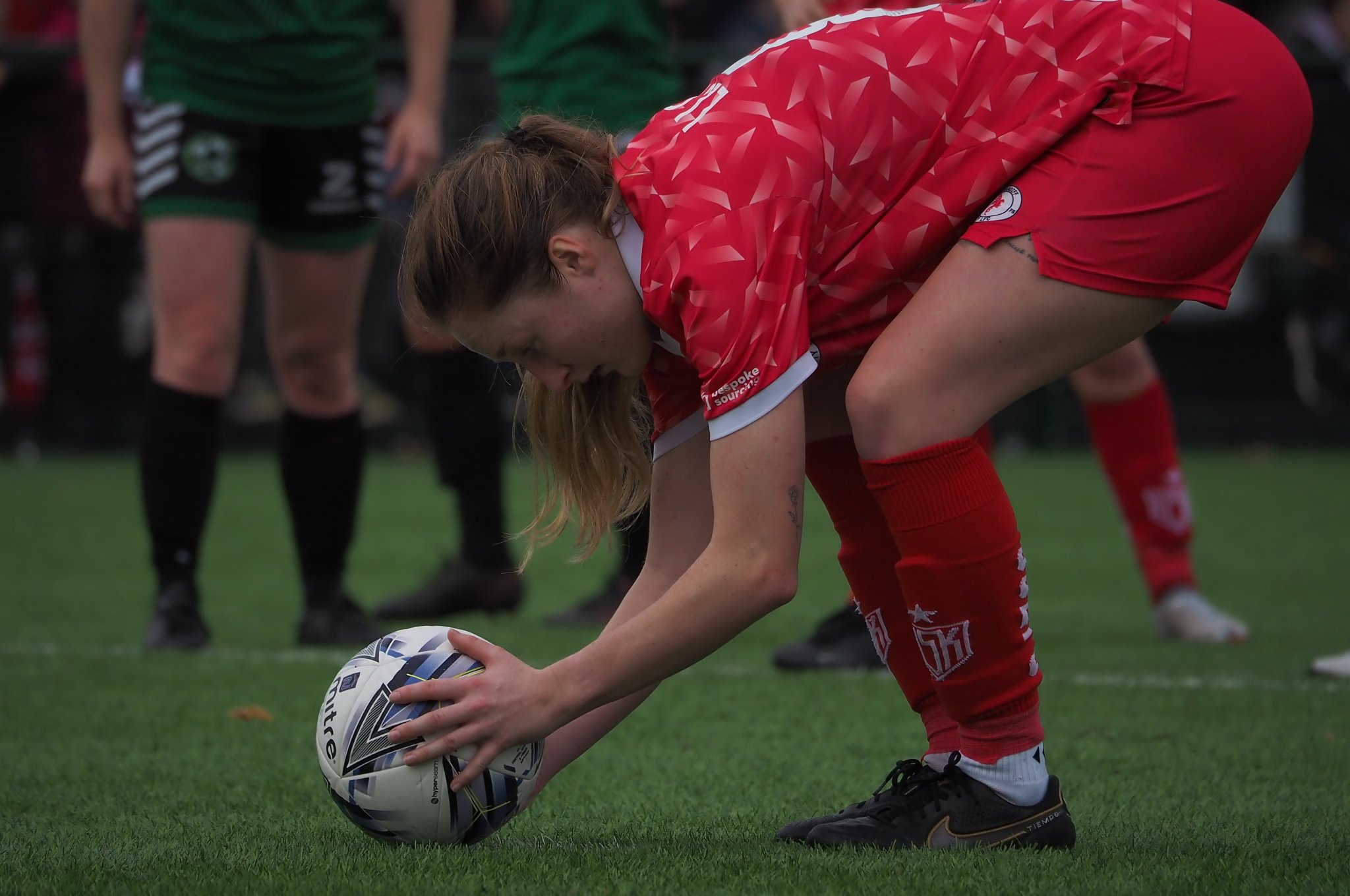If you’re reading this then you must be well aware of Monday’s announcement by the Football Association (FA) that they are increasing their investment into the Vitality Women’s FA Cup’s prize fund to £3m per season.
Their statement said, “The new agreement will be introduced from the start of the 2022/23 season and will see funds spread across each round of the competition, resulting in greater investment across both the women’s professional and grassroots game.”
The FA are yet to share how this money will be distributed between the different stages of the Vitality Women’s FA Cup next season. Their statement suggests that the FA are well aware of the ever-widening gap between the top two tiers and the rest of the women’s football pyramid. Hopeful the early rounds are going to receive a significant increase in prize money to avoid a large number of clubs making losses due to expensive away draws.
While this is positive news, for many, including myself, this doesn’t quite go far enough considering that the men’s FA Cup receives just shy of £16m. And yes, we understand that the men’s competition receives more money but the women’s competition could and would do the same given investment and time.
Yesterday Lewes Football Club shared two possible models of total prize money redistribution to fairly reward women’s teams and men’s lower league and non-league too. This next step would seek to make the competition For All in football.
Women’s football was banned by the FA between 1921 and 1971. At the time of the ban, bigger crowds attended women’s games than men’s games. The ban robbed women’s football of at least 50 years of development and saw all the cultural attention and economic rewards go to men’s football.
They suggest that there is no need to increase the total FA Cup prize fund, just treat it as one pot and ensure that it is distributed in a way that maximizes revenue opportunities for women’s teams and men’s lower and non-league clubs. Increase in the prize funds in the earlier rounds of the men’s FA Cup, and across the entire women’s FA Cup.
Lewes has identified two possible routes for a fair reallocation:
Equality: Equal Prize fund Per fixture (PPF). This one took a little while for me to get my head round so stick with me and hopefully it’ll make sense. This model takes the total prize fund for both the men’s and women’s competition and allocates an equal base amount to every fixture played, across every round. The prize money will still increase in value as you progress through the competition and whatever the amount the winner will receive 75% and the loser 25% of the total.
This means that, from now on, no matter how many teams enter the respective men’s and women’s competitions, the Prize Per Fixture figure will always remain equal. The men’s FA Cup would currently receive more money as there are more men’s teams than women’s in the tournament.
Equity: Full 50/50 allocation of the prize fund between the women’s and men’s FA Cup. An equal FA Cup For All.
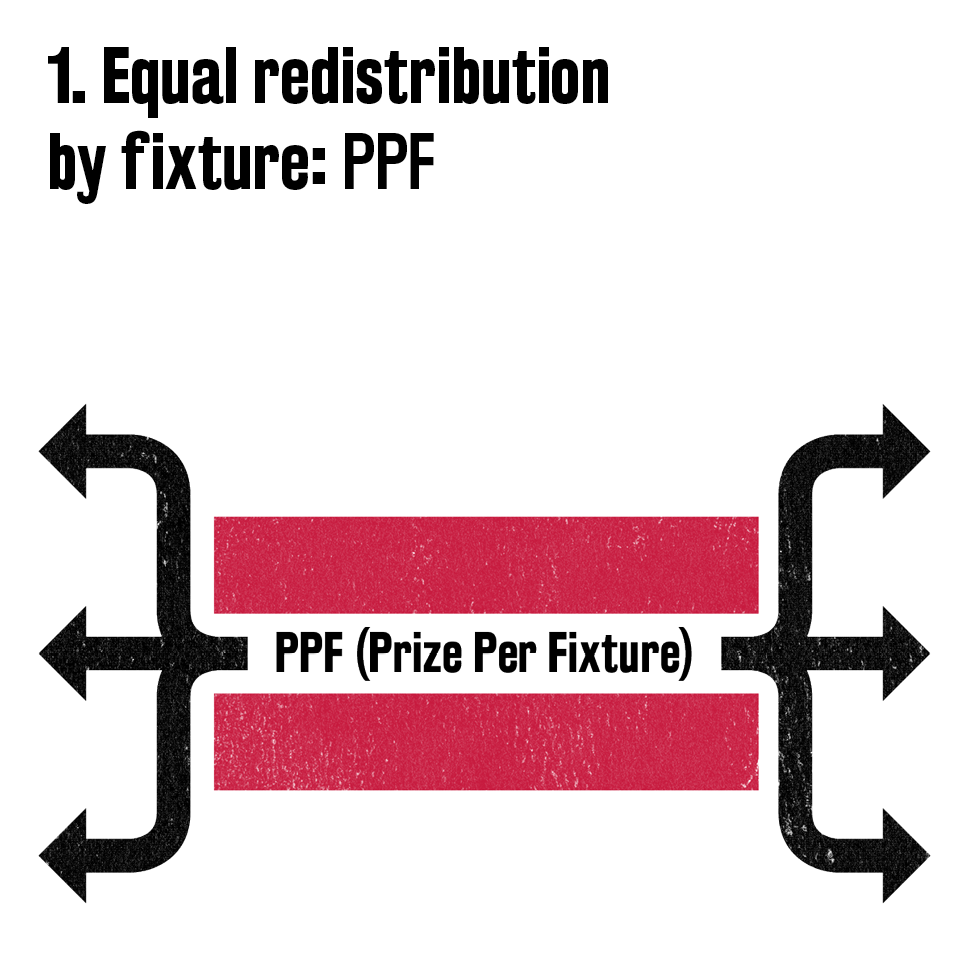
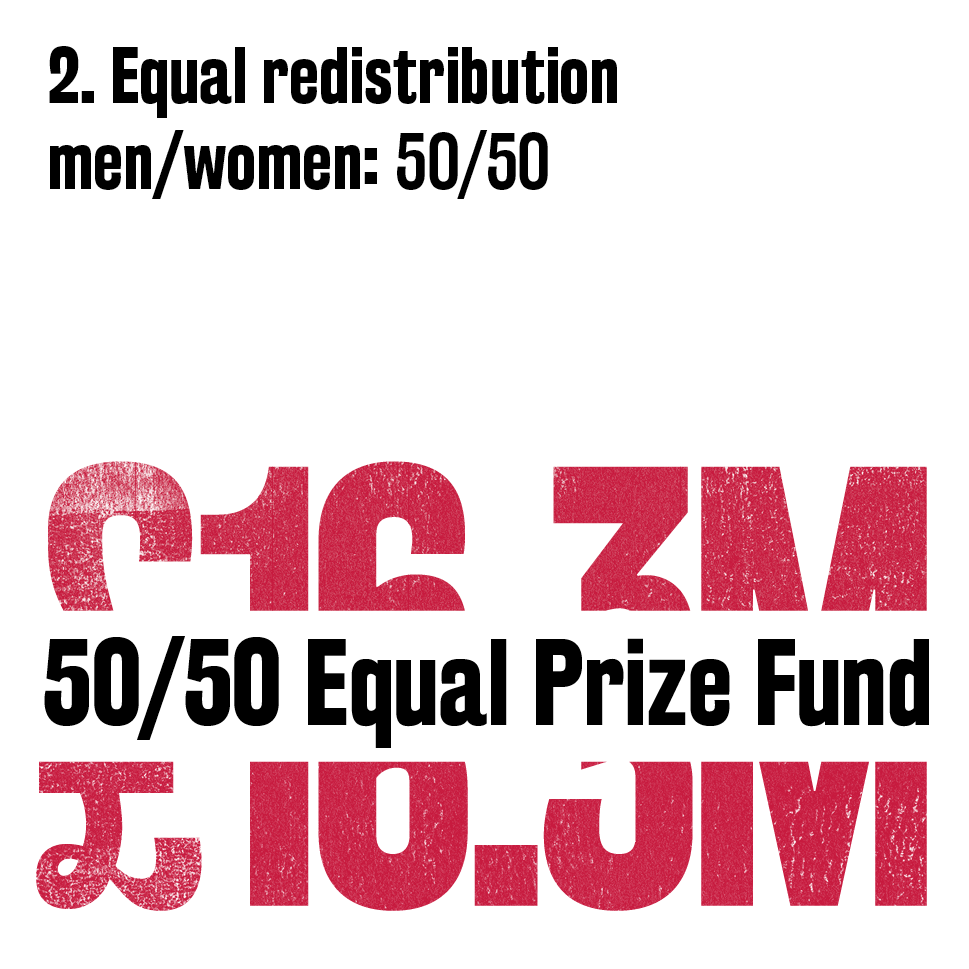
The PPF route would fix things from now on. But the 50/50 route would see women’s teams getting more than men’s teams (as around three times as many men’s teams than women’s would share the same total) in order to boost investment into the women’s game so it could regain lost ground more quickly.
Lewes believe that the above will have a positive effect and lift English football at all levels, not just women’s football with men’s non-league and lower league clubs financially better off too.
⚽️ Fairer distribution of prize money reflecting the FA’s ‘For All’ remit.
⚽️ Transformational sums of money going to women’s and non-league clubs, accelerating club & player development.
⚽️ Creating an FA Cup that will be a beacon for equity and fairness in sport worldwide.
⚽️ Signalling to fans and clubs that English football wants to be the leader when it comes to gender equality and not follow.
⚽️ Inspiration for thousands of female footballers that they matter and their future is taken seriously.
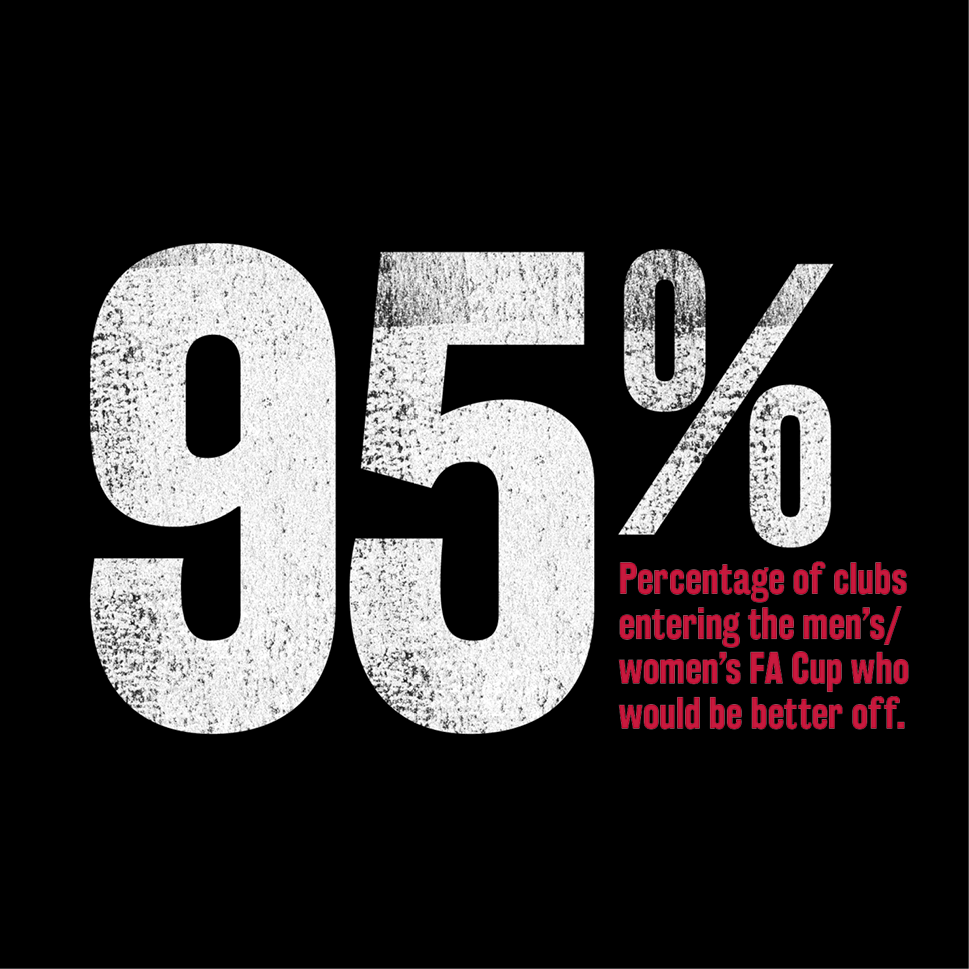
I adore how progressive Lewes are and how they don’t just complain about a situation, they seek out solutions that benefit not just themselves and the women’s football pyramid but men’s lower league and non-league clubs.
Lee Martin, the Chairman of Netherton United said, “This last season we had a really good FA Cup run which saw us get to the second round proper, further than we’ve ever been before. We got just over £2k in winnings. So, when Lewes pointed out to me that under their PPF system we would have won nearly £50k, that’s just mind blowing and what that means for us as a club, with annual operating costs of around £15k.”
When you hear it put like that a true football fan cannot argue against this move. Let’s face it, some clubs within the highest reaches of the Premier League might bring in a bit less but they can easily withstand those losses. Even during the time when games were being played behind closed doors, Premier League clubs were still making huge amounts compared to women’s, men’s lower league and non-league clubs were struggling to survive.
Just because these clubs don’t have hundreds of thousands of fans and social media followers they are no less important to their respective communities and should be protected accordingly. A move like this would go a long way to protecting these clubs.
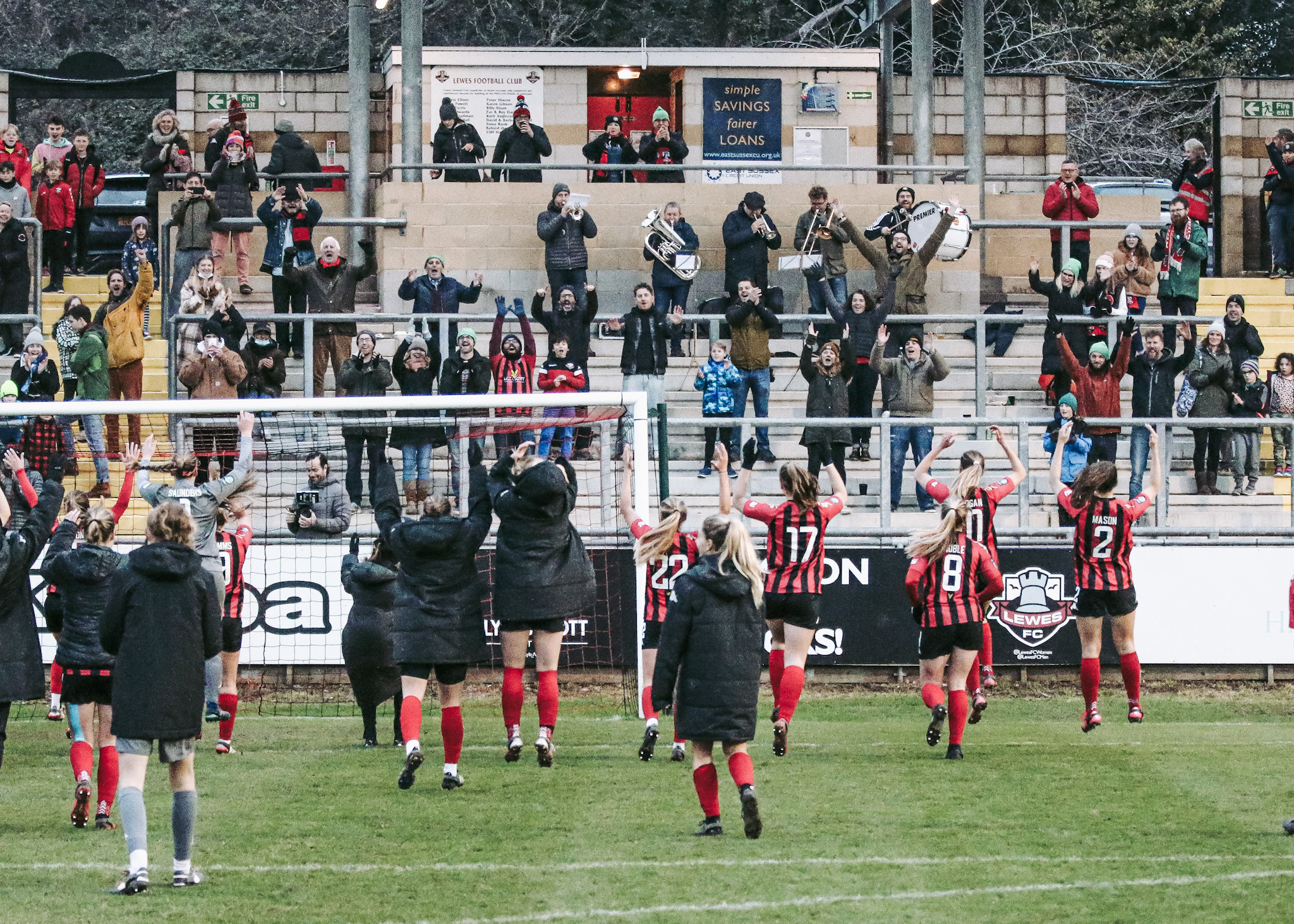
The recent Fan-Led Review of Football Governance, chaired by Tracey Crouch MP, demonstrated that politicians are now very much engaged in the future of football, including the men’s and women’s game.
Moving forward this movement requires your support. Lewes have even written a sample text that you can copy/paste, to send to your local MP, but of course, you can personalise this how you want. By doing this you make sure that your voice is heard and show that there is support for this within the UK’s football fanbase. Despite longstanding footballing rivalries, this is something that we can all get behind. The FA Cup can really be a competition that is For All.
Find out how you can share this with your MP here. You’ll find it’ll take you a few minutes at most.





